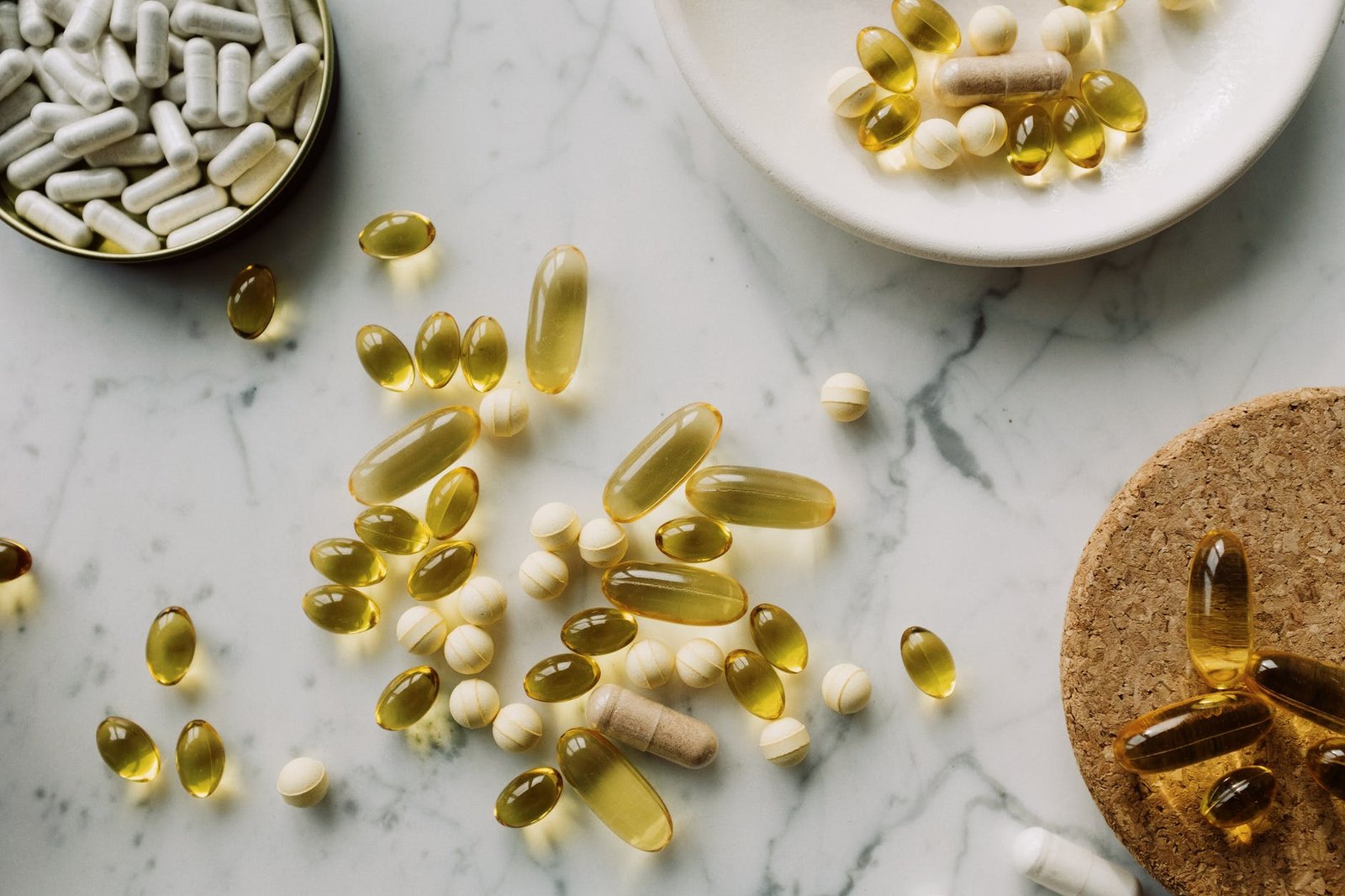
Most Important Ingredients Your Multivitamin Should Have
Essential body functions such as growing tissue, maintaining a healthy immune system, and regulating metabolism require vitamins.
There is a difference between getting enough nutrients, which is healthy, and getting too much, which can harm you. Luckily, unlike our ancestors, we do not have to be concerned about severe vitamin deficiency disorders. We are more educated about what is good for us. We have accessibility to healthy food due to improved distribution.
Also, we have figured out how to add vitamins to foods if they are not naturally present there. Generally, you get a healthier dose of vitamins when you partake in a balanced diet.
However, that still does not guarantee everyone will get all the vital vitamins and minerals required to protect against chronic health problems. The risk for vitamin deficiency which can compromise your health is increased by certain medical conditions, life stages, special diet, or economic and demographic factors that limit access to food. Studies indicate that vitamin deficiencies are commonly associated with chronic diseases, and supplementation may help. Multivitamins are crucial because even a complete diet may not be giving you the nutrients you need when you need them. A daily dosage of multivitamins provides a good foundation for your health.
Also, it can protect you when you are experiencing stress, not getting regular exercise, or sleeping poorly.
The following are some of the most important ingredients you multivitamin should have regardless of your brand of choice.
-
Magnesium
The most critical role of magnesium is to maintain bone health and energy production. However, magnesium can also calm your nervous system and ease stress and sleeping problems, as suggested by older studies on mice. Magnesium also plays a role in regulating muscle and nerve function, balancing blood sugar levels, making protein, and even manufacturing DNA.
Since magnesium is an essential nutrient, you have to get it from supplements or food. Most people are magnesium deficient not because they need supplements but because they are not eating the right foods. Before you jump to supplements for solutions, try eating more spinach, artichoke, beans, soybeans, tofu, and pumpkin. Nutritionists recommend a Jamieson multivitamin supplement with 300 to 320 mg of magnesium. Look for magnesium in the forms of lactate, citrate, chloride, and aspartate, which are entirely absorbed by the body.

-
Vitamin D
The role of vitamin D is to help your body absorb calcium which is essential for bone health. Lack of vitamin D increases your chances of getting sick, bone and back pain, and hair loss. Technically, you should be able to get your daily vitamin D by being in the sunlight for at least 15 minutes. However, living in wintery locations with little sunlight, working in a 9 to 5 office life, and applying sunscreen, which blocks vitamin D synthesis, makes getting it hard. It would help if you were looking for vitamin D in supplements since it is hard to come by in food. The recommended dosage for children below 13 years and pregnant or breastfeeding women is 600 IU of vitamin D daily. Older adults should get 800 IU.
-
Iron
Although it should be in your multivitamin supplement, not everyone needs the same amount of iron. The primary benefits of iron are increased energy, healthy red blood cells, and better brain function. Usually, the consumption of red meat will ensure you get iron in your body. However, certain situations such as being pregnant, going through puberty, and having your menstrual cycle may increase the amount of iron you require. Iron is vital during times of development and rapid growth. If they are not supplementing meat with other foods rich in iron, vegetarians need to ensure their multivitamin has iron. An ideal supplement should contain around 18 mg of iron in ferric citrate, ferric sulfate, ferrous gluconate, and ferrous sulfate. Taking excess iron might make you feel nauseous.
-
Vitamin B-12
The B-vitamin complex can be likened to a factory comprised of eight diligent workers who work together. The vitamins create and sustain your body’s energy supply by breaking down the micronutrients such as carbs, proteins, and fats you consume. However, each vitamin has a specialized role to play. Vitamin B-12 keeps the body’s nerve and blood cells healthy and helps make DNA the genetic material in all cells. Because most food sources are animal-based such as meat, poultry, and fish, vegans are prone to vitamin B-12 deficiency. The recommended amount of the vitamin is less than three mcg. However, your body gets rid of any excess B-12 when you pee. Look for a multivitamin supplement that carries B-12 as methylcobalamin which is easiest for your body to absorb.
-
Calcium
Almost half of the population does not get sufficient calcium from their diet. Calcium is needed in your body for strong bones and teeth. For women, getting enough calcium from the start is the best nutritional defense since they start losing bone density much earlier. The daily recommended dosage of calcium is 1000 mg for most adults. Calcium is calcium citrate that optimizes bioavailability, therefore, causing fewer symptoms in people with absorption issues.
-
Zinc
Older folks and people under a lot of stress tend to have low zinc levels. Zinc supports your immune system and assists your body in using carbohydrates, fat, and protein for energy. Also, it is vital in wound healing. Since the average diet is not rich in foods that offer zinc and zinc cannot be stored in the body, your supplement must have this ingredient.

-
Folic acid
Folate plays a critical role in aiding fetus development and preventing congenital disabilities. It is also essential in fighting depression, combating inflammation, and even growing out your nails. The standard dosage of folic acid is around 400 mcg and 600 mcg for pregnant women. Methyl folate is highly recommended since it is a more active form indicating a wholesome product.
However, it would help if you did not rely solely on multivitamins. When it comes to vitamins and minerals, you should get them from food first. Since your body is designed to reap nutrients from the food you eat, you will get all the nutrients you need as long as you eat a varied and balanced diet. Supplements should be considered as bonus boosters and nit replacements for food. Before you begin taking multivitamin supplements, ensure that you consult your doctor.









Denis
It’s funny but there are more than enough of these products on the market now. I tried and bought recently this one https://www.amazon.in/Prorganiq-Multivitamin-Multimineral-Testosterone-Performance/dp/B0BJBW2DXJ/ from amazon site which has great reviews and generally works well for me
Henry Larry
I appreciate the emphasis on magnesium and its various benefits. Understanding these essential ingredients helps make more informed choices about supplementation.
Top Roof Inspection Services in Mansfield TX